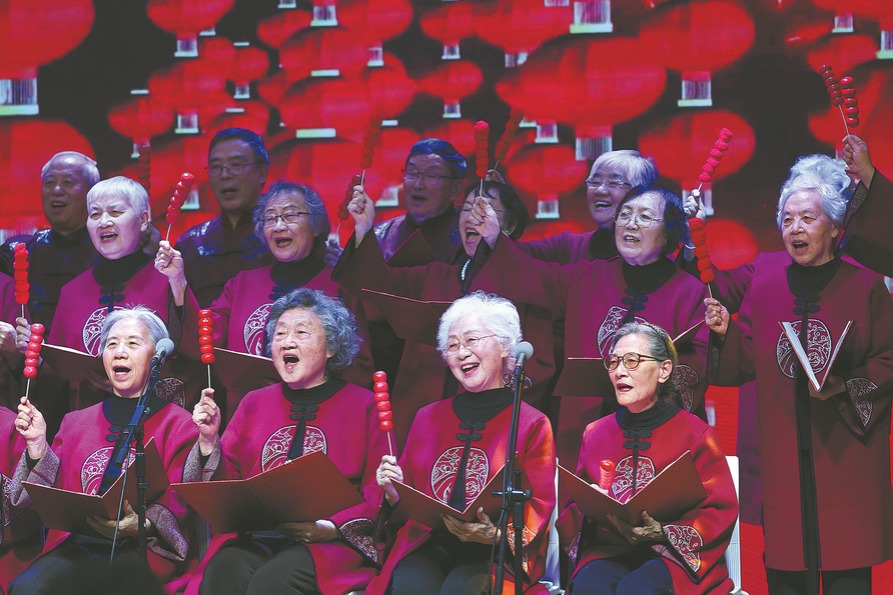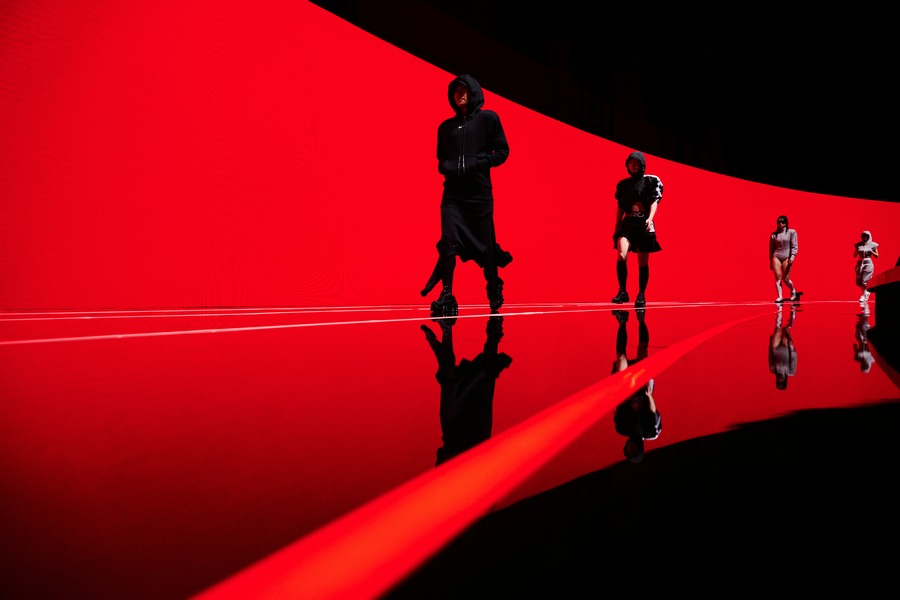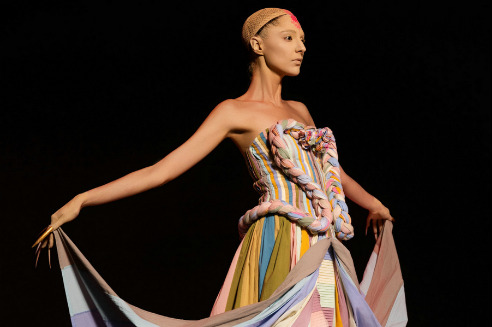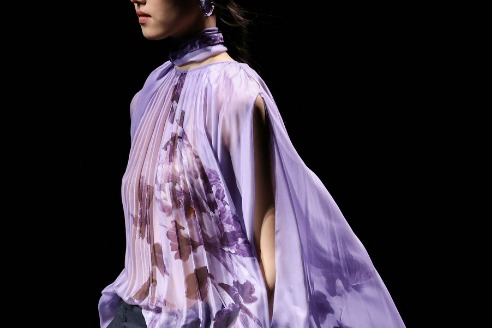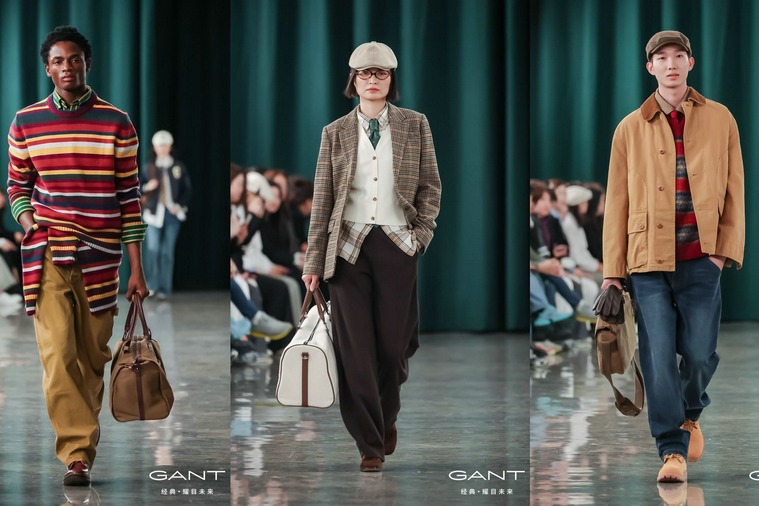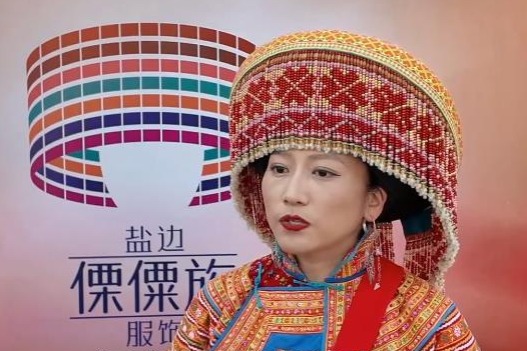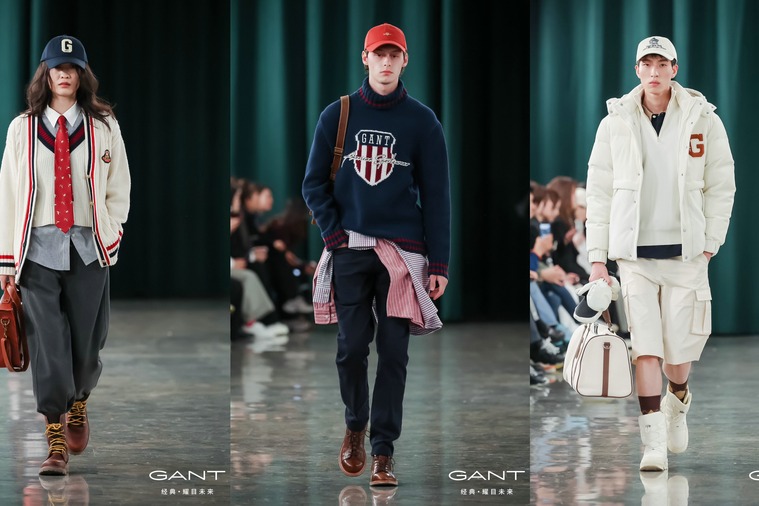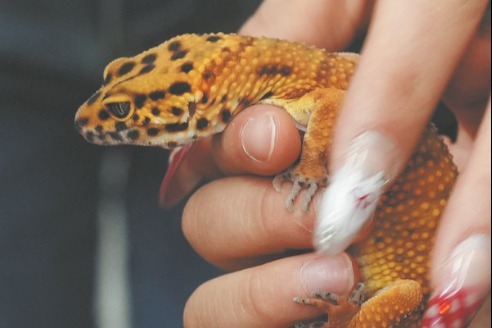Gulba's gilded life, all wrapped in fur
Even the havoc that the pandemic threatened to wreak on the ventures of a businesswoman in Urumqi seem to have failed to dent her ambitions or her success, Han Lei and Lawrence Zuo report in Urumqi.

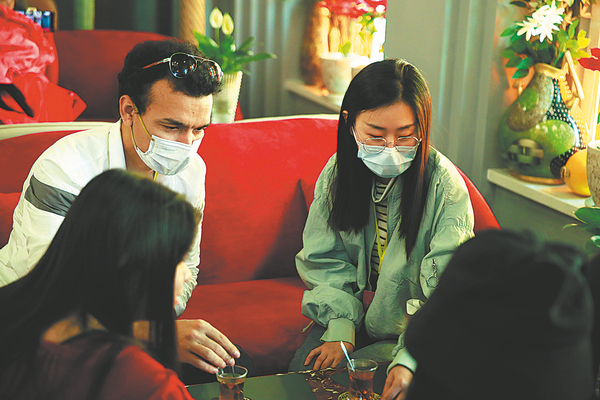
"All those years, I've been very successful,"Gulba said. "Everything I touched, everything I did was successful. Everything seemed so easy. The pandemic was my worst nightmare."
In August she called the landlord and was bowled over by what he told her. "He told me that he would bear the rent loss during the pandemic, and there would be no such thing as rent until the day my restaurant opened. I couldn't believe it and kept asking him if he was kidding. He's so kind."
A month later the Grand Bazaar opened again and has remained open to this day. The bazaar is a local landmark, a celebration of unique Xinjiang culture, architecture, commerce, tourism and entertainment. The giant dome and soaring minarets of its central Erdao Bridge Mosque can be seen many kilometers away.
During a recent visit street vendors could be seen on every lane, hawking all kinds of fruits, nuts, drinks, clothes, rugs, hats, drums, stringed lutes, precious stones, as well as curiously named spices and items a lot of customers would be hard pressed even to name. Small crowds of tourists sporting various colored hats sauntered around, taking pictures, seemingly lapping up the early summer buzz.
In these hard times local governments across Xinjiang have adopted measures to help small business owners ride out of their difficulties. Last year Urumqi municipal government granted a total of 1.63 billion yuan in rent relief and subsidies for small businesses across the city, including to both Gulba's restaurant Riano and her garment store in the Grand Bazaar.

















